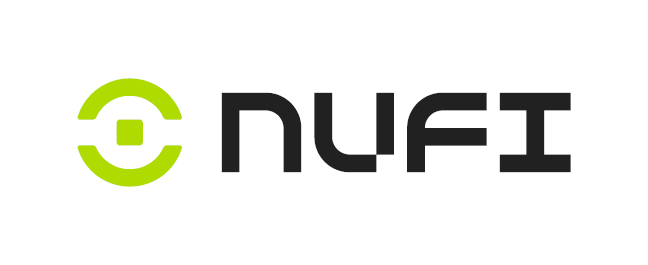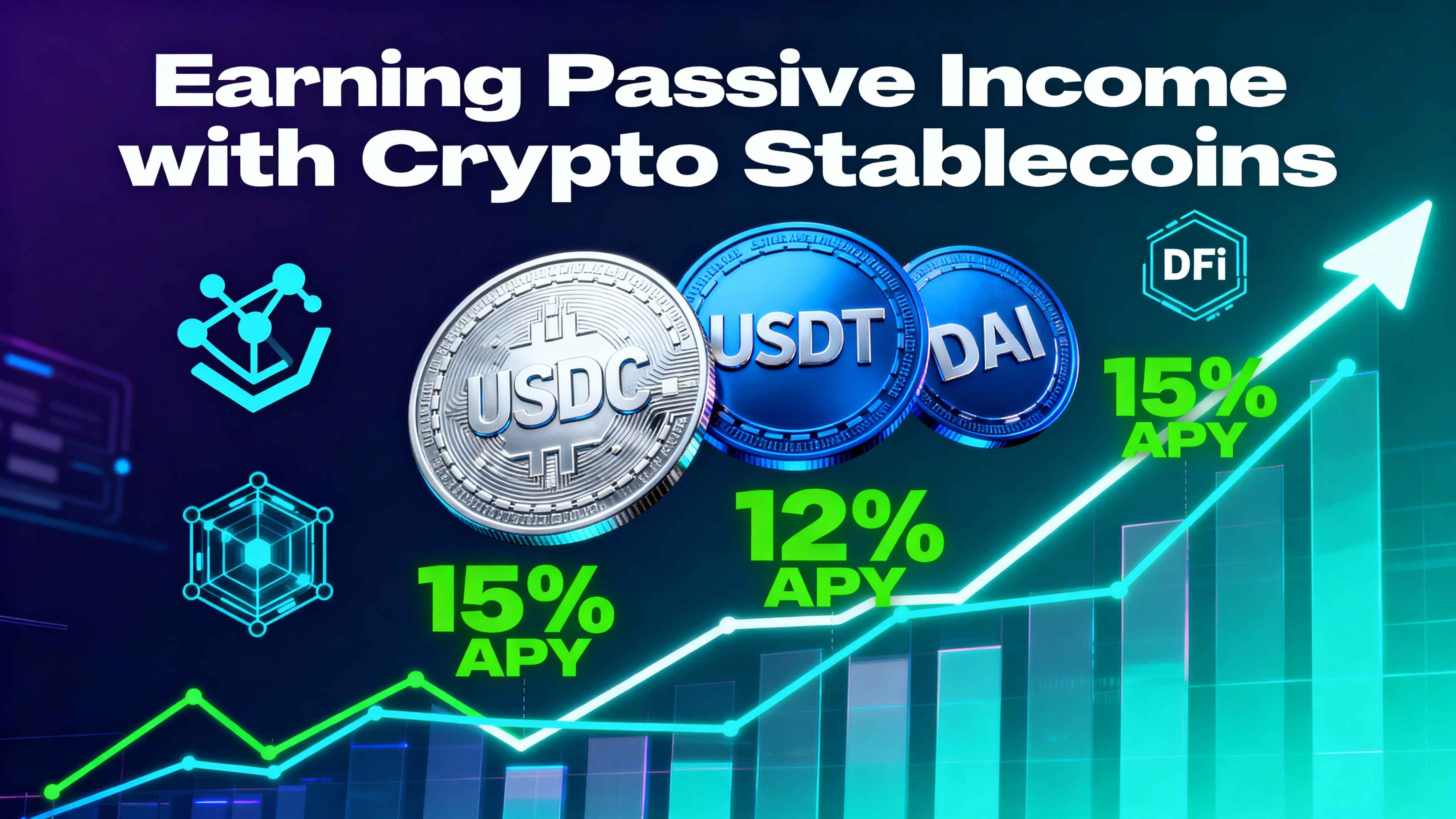
Top 5 Solana Hot Wallets: Best Crypto Wallets for Solana Enthusiasts Reviewed
Crypto BasicsSelecting the perfect wallet for your Solana journey can feel complicated, but with years of hands-on experience across multiple wallets, I’ll guide you step-by-step. Whether you’re staking SOL, trading with minimal fees, or diving into NFTs and DeFi, this guide breaks down wallet types, ongoing developments, open-source details, and the latest features directly from official sources to ensure you have reliable and first-hand information.
1. Phantom Wallet

Phantom is one of the most well-known Solana wallets, and for a good reason.
-
Wallet Type: Browser wallet (Extension) and mobile app support.
-
Development Status: Yes, it is actively updated by its development team for improved features and security.
-
Open Source: No, Phantom is not fully open-source but is trusted by the community for its transparency and regular updates.
-
Why I Recommend It: It’s an excellent choice for newcomers exploring the Solana ecosystem. Beyond its clean interface, the team often provides updates to enhance functionality and user security.
-
Key Features:
-
Built-in NFT viewing with a gallery-like interface.
-
Spam token filtering to keep your portfolio clean.
-
In-wallet staking functionality for simplicity.
-
-
Pros:
-
Perfectly suitable for beginners.
-
Seamless integration across browsers and mobile platforms.
-
-
Cons:
-
Swaps within the wallet can sometimes incur higher fees compared to dedicated tools like Jupiter Wallet.
-
Lacks Trezor hardware wallet support.
-
Takeaway: A great simple setup for first-time Solana users. Ideal for basic NFT and staking purposes. However, traders looking for minimal swap fees should supplement it with Jupiter's tools.
2. Solflare Wallet

Tailored for Solana enthusiasts, Solflare is the ultimate choice for staking and security.
-
Wallet Type: Browser wallet (Extension) and mobile app.
-
Development Status: Yes, the team actively updates Solflare and provides ongoing 24/7 support. Exciting new products like the upcoming Solflare Card are in development.
-
Open Source: Solflare is not fully open-source, but its consistent updates show a commitment to transparency and user trust.
-
Why I Recommend It: Solflare goes all-in on the Solana ecosystem with features like advanced validator tools for staking and excellent security options including phishing protection.
-
Key Features:
-
Tailored staking interface with validator selection.
-
Hardware wallet compatibility (e.g., Ledger, Trezor).
-
Real-time rewards updates for stakers.
-
-
Pros:
-
Unparalleled staking features.
-
Focused entirely on Solana security and ecosystem growth.
-
Dedicated support for users.
-
-
Cons:
-
Limited to Solana, making it unsuitable for multi-blockchain needs.
-
Beginners may require time to understand its full functionality.
-
Takeaway: Solflare is my go-to for managing long-term SOL assets, staking, and validator rewards. Its commitment to security impresses at every update.
3. Jupiter Wallet (Mobile)

Jupiter Wallet is designed for mobile traders who want fast, efficient, and low-fee swaps.
-
Wallet Type: Mobile app.
-
Development Status: The development team actively supports Jupiter Wallet with frequent updates to improve performance and provide more swap options.
-
Open Source: Jupiter Wallet is not fully open-source but employs transparency in its operations as a trusted DEX aggregator.
-
Why I Recommend It: This wallet is incredibly cost-effective for traders, offering low-fee swaps through DEX (decentralized exchange) aggregation.
-
Key Features:
-
Gasless swaps for selected token pairs.
-
Routes swaps efficiently through multiple DEX options.
-
Clean and minimalistic design focused on performance.
-
-
Pros:
-
Minimizes swap fees significantly compared to other wallets.
-
Designed for speed and efficiency.
-
-
Cons:
-
Limited feature set that primarily focuses on swaps.
-
DeFi compatibility with some platforms is still growing.
-
Takeaway: Jupiter Wallet is perfect for mobile users focused on trading efficiency. It’s a great tool for saving fees but works best in combination with Phantom or Solflare for broader wallet functionalities.
4. Backpack Wallet

Backpack stands out for its integration with hardware wallets and focus on NFTs.
-
Wallet Type: Browser wallet and mobile-compatible.
-
Development Status: The team is actively developing Backpack, including integrations with hardware wallets like Trezor.
-
Open Source: Backpack is partially open-source, emphasizing flexibility and transparency for its users.
-
Why I Recommend It: Backpack is a security-first wallet that also boasts strong dApp and NFT integration. I primarily use it for storing SOL securely and for dApp interactions.
-
Key Features:
-
Hardware wallet integration for maximum security.
-
Handles xNFTs, combining NFTs with executable programs.
-
DeFi and dApp-ready.
-
-
Pros:
-
High-level functionality for experienced users.
-
Excellent security enhancements.
-
Designed for NFT creators and enthusiasts.
-
-
Cons:
-
Learning curve for beginners.
-
Focused more on advanced users rather than casual ones.
-
Takeaway: For users seeking maximum security combined with strong NFT and dApp capabilities, Backpack is a stellar choice. I highly recommend it for long-term storage tied to a hardware wallet.
5. NuFi Wallet

NuFi Wallet is another standout, balancing an elegant interface with advanced staking and DeFi options.
-
Wallet Type: Browser wallet and hardware-compatible.
-
Development Status: NuFi is regularly updated with a keen focus on providing new features for staking and DeFi tools.
-
Open Source: NuFi is not open-source but ensures reliable updates and high-security standards.
-
Why I Recommend It: It’s my favorite wallet for managing Solana staking, particularly when paired with Trezor hardware for added security.
-
Key Features:
-
Built-in support for staking directly within the wallet.
-
Validator tools for greater staking rewards.
-
Hardware-level security.
-
-
Pros:
-
Excellent staking and validator features.
-
Secure management for DeFi assets.
-
-
Cons:
-
Not as widely used, so less beginner-friendly documentation.
-
Takeaway: Leveraging NuFi for staking feels like having an advanced yet intuitive DeFi suite. It’s perfect for anyone serious about DeFi and staking rewards.
How These Wallets Stack Up
Before making your decision, ask yourself these questions:
-
Is this a browser wallet or a mobile wallet? Some wallets like Jupiter are mobile-only, while Phantom and Solflare offer browser and mobile compatibility.
-
Is the development team actively innovating? Make sure to choose wallets with ongoing updates and support.
-
Is the wallet open source? Transparency matters for building trust.
-
Are there any new features or products launched recently? Checking wallet websites and social profiles will keep you updated on their latest developments.
-
Where can I find official resources? Always use the provided links to download wallets or explore features to avoid scams.
By combining all these factors, you’ll choose the Solana wallet that fits your unique needs; whether it’s for security, staking, trading, or NFTs.
My Pick: The Best Solana Wallet as of Late 2025
After testing and using these wallets extensively, Solflare emerges as my top choice for 2025. Here’s why:
-
Why Solflare Wins: While Phantom is incredibly beginner-friendly and Jupiter excels at low-fee swaps, Solflare’s all-in-one security features, excellent staking capabilities, and compatibility with hardware wallets like Ledger and Trezor make it stand out. It offers both simplicity for everyday users and powerful tools for advanced crypto enthusiasts.
-
Best For:
-
Long-term Solana holders who prioritize staking rewards.
-
Security-focused users who want phishing protection and hardware wallet integration.
-
Those who value ongoing innovation, as Solflare consistently introduces exciting updates, like the upcoming Solflare Card.
-
-
Pro Tip: Use it alongside Jupiter for the lowest-fee swaps and Phantom for quick NFT interactions. This optimized combo ensures maximum security, functionality, and efficiency for any Solana use case.
Ultimately, Solflare strikes the balance between usability and advanced features, making it the most reliable wallet for navigating Solana’s growing ecosystem.




